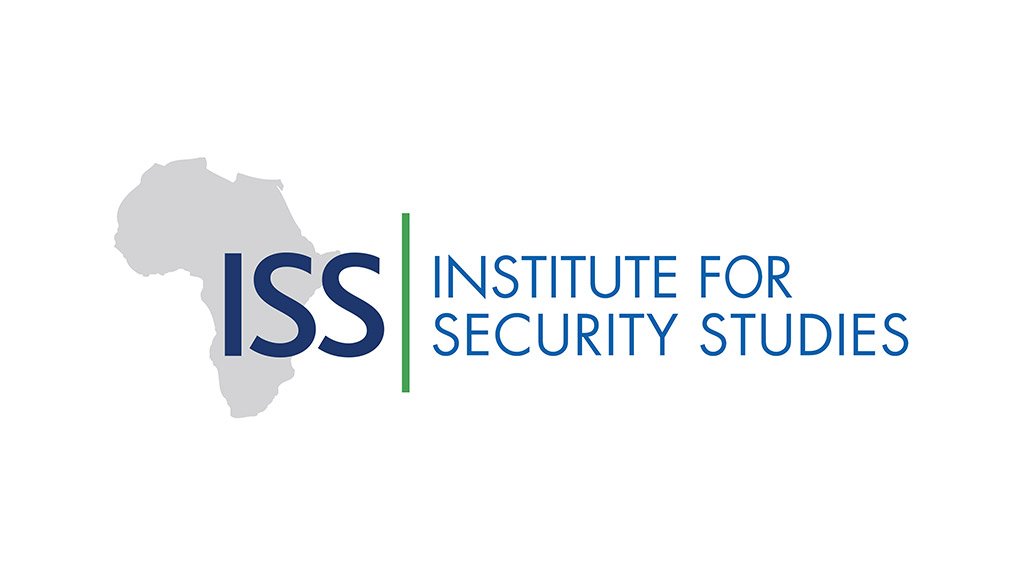Driven initially by extremist ideology, the kidnappings have become ransom-seeking operations by cross-border criminal groups.
Since Boko Haram’s widely reported abduction of 276 Chibok schoolgirls in 2014, the mass kidnapping of students has become a recurring nightmare in Nigeria. What began as ideologically driven abductions by extremists has morphed into ransom-seeking operations by cross-border criminal groups.
Since Chibok, over 1 680 students, many between the ages of five and 11, have been abducted across Nigeria. In 2024 alone, Boko Haram abducted over 400 people, mainly women and schoolchildren, from a Borno State internally displaced people’s camp.
Also last year, al-Qaeda-linked Ansarul Muslimina Fi Biladis Sudan (ANSARU) militants abducted 287 students and staff from a Kaduna State school, demanding a ₦1-billion (around US$600 000) ransom for their release. And gunmen kidnapped 17 students from the dormitory of an all-girls boarding school in Sokoto State.
The attacks are executed by networks of violent extremists, bandits and transnational criminal groups, says Fidel Amakye Owusu from the Conflict Research Consortium for Africa. According to political commentator and legal scholar Dr Alfred Abhulimhen-Iyoha, abductions have become a lucrative, low-risk crime. Perpetrators exploit weak state capacity and cross-border safe havens to abduct students and teachers for ransom, he says.
Diverse factors drive Nigeria’s kidnapping crisis. Owusu says terrorist groups such as Boko Haram, Islamic State West Africa Province (ISWAP) and ANSARU use mass abductions to assert dominance over the government and local communities, blurring the lines between criminality and terrorism.
While Boko Haram primarily employs abductions as a tool of terror and intimidation, groups like ISWAP and ANSARU – with their sophisticated organisational structures – kidnap for strategic objectives. These might include generating revenue through ransom demands or bolstering their influence and power.
For criminal groups and bandits, mass school abductions have no ideological motive – the goal is simply to extract ransoms. Amid Nigeria’s multifaceted economic crisis, ransom payments present a lucrative income source for violent gangs.
Nigeria’s President Bola Tinubu acknowledges the gravity of the problem, highlighting how poverty, frustration and economic hardship fuel kidnapping as both a survival strategy and a means of asserting power.
A Police Mobile Force officer who spoke to the ENACT project on condition of anonymity described kidnappers’ typical modus operandi. Information is gathered through extensive surveillance and assessments of school layouts, security routines and escape routes. Informants – often local residents, former students or compromised staff – provide inside knowledge that facilitates the planning and execution.
During the attack, kidnappers rely on brute force, speed and fear tactics. The police officer told ENACT that ‘armed with firearms and explosives, gangs of 20 to 50 men invade schools at vulnerable hours – typically at night or early morning. Arriving on motorcycles or pickup trucks, they overpower unarmed security guards, using gunfire and explosions to instil fear.’
Resistance is met with deadly force, as students, teachers and staff are forced to march from the school premises, or loaded onto waiting vehicles. Victims are transported to remote hideouts in dense forests, mountainous regions or abandoned settlements, which security forces struggle to access, making rescue efforts difficult.
Hotspots include the forests of Zamfara, Katsina, Kaduna and Niger states. The officer said these ungoverned spaces had become strategic hideouts for armed groups, bandits and insurgents.
Once hostages are secured, explained the police officer, kidnappers start ransom negotiations using burner phones and encrypted communication channels. Ransoms of cash or goods are often paid by desperate families who pool resources or raise funds from their communities. In some instances, state agencies or intermediaries facilitate or negotiate payments, although these transactions are typically secret.
Funds are usually delivered through informal channels, including cash handovers, hawala and intermediaries, to ensure anonymity and security.
This profitable enterprise has transformed school kidnappings into a commercialised criminal industry, exacerbating Nigeria’s security crisis and destabilising its education system. Recurring mass abductions have increased absenteeism in schools, with the United Nations Children’s Fund reporting that in 2022, one in three Nigerian children was out of school.
In his May 2023 inaugural address and again on the 10th anniversary of the Chibok girls’ kidnapping, Tinubu declared a no-ransom policy, vowing to increase the ‘cost’ for perpetrators. He committed to enhancing intelligence gathering, strengthening law enforcement and deploying sophisticated surveillance technology to swiftly apprehend and prosecute kidnappers, with stricter penalties.
Nigeria’s government has implemented various strategies to combat school abductions, but critics say these efforts are reactive, short-term and ineffective. Key measures include military-led rescue missions, ransom negotiations before the current government came into office, and enhanced security at schools.
Intelligence-led rescue operations have occasionally secured students’ release, but limited resources, poor coordination and difficult terrain hinder their success, especially in remote areas where abductions are frequent.
Although Nigeria endorsed the Safe Schools Declaration in 2015, its implementation at state and community levels remains weak, leaving rural schools particularly vulnerable.
Nigeria’s kidnapping crisis persists not due to a lack of federal and state anti-kidnapping laws, but their weak enforcement. A greater focus on tackling systemic problems that enable banditry and preventive security measures is critical.
Written by Feyi Ogunade, West Africa Organised Crime Observatory Coordinator, ENACT, ISS
EMAIL THIS ARTICLE SAVE THIS ARTICLE ARTICLE ENQUIRY FEEDBACK
To subscribe email subscriptions@creamermedia.co.za or click here
To advertise email advertising@creamermedia.co.za or click here











